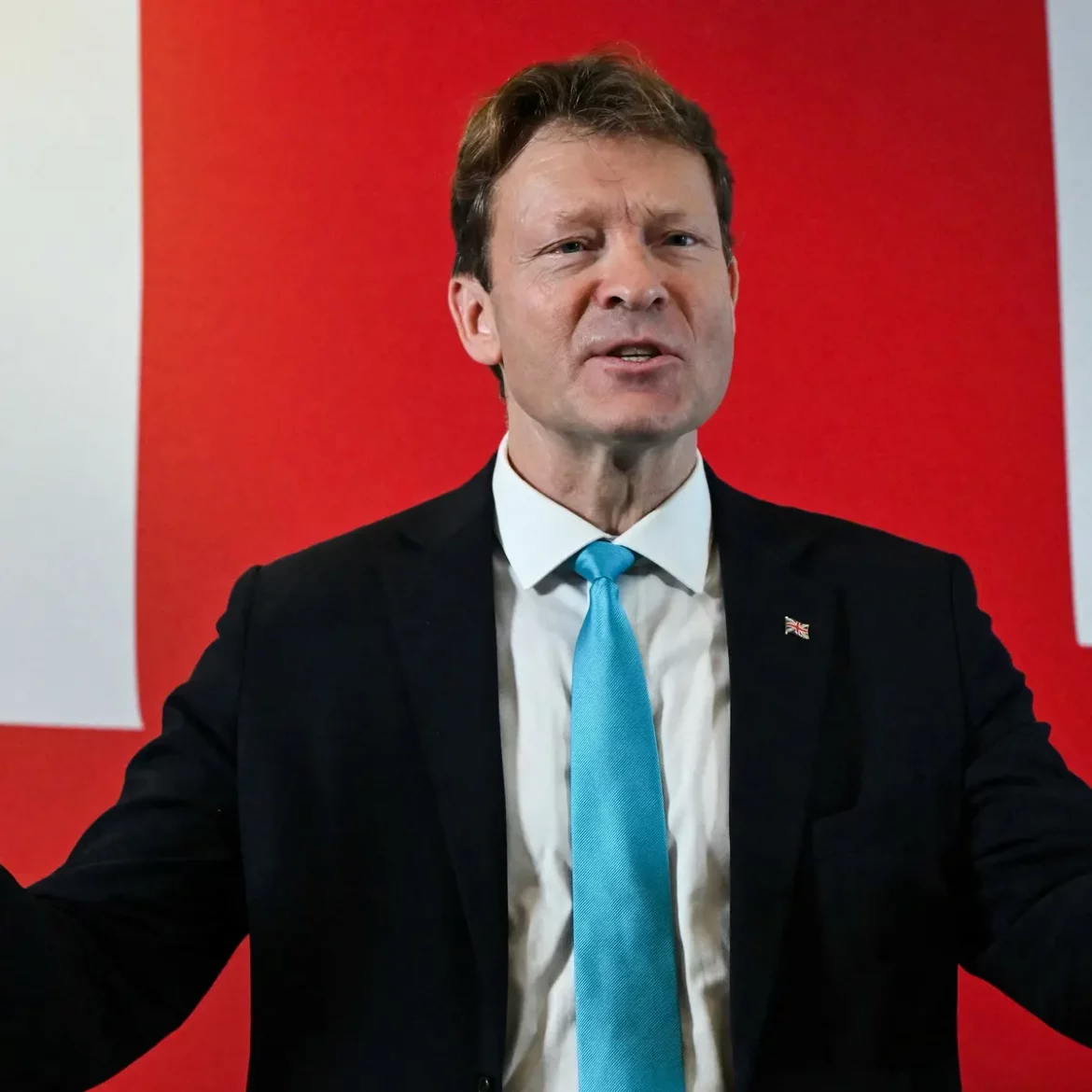Green campaigners have accused the Reform UK party of trying to “weaponise” the climate crisis as a wedge issue in the general election after the party leader claimed funding the NHS and reaching net zero were at odds.
Richard Tice, Reform’s leader, at a press conference in Westminster on Monday suggested that scrapping the UK’s pledge to reach net zero greenhouse gas emissions by 2050 would free up cash for the NHS.
Tice said: “We have a choice in this country, it seems to me. A pretty clear choice. Do we want zero waiting lists in two years, and to keep them there? That is the Reform choice. Or do we want net zero CO2 emissions in 25 years? That is the Labour choice.”
Tice’s plans for the NHS also depend on far more people seeking private healthcare, he told BBC Radio 4’s Today programme. He suggested this could reduce the strain on the NHS, though medical experts have said that many of the staff relied on by private providers also work in the NHS.
Tice further claimed that fulfilling the promise to meet net zero, which all mainstream parties in the UK have committed to, would cost about £30bn a year. He said that cutting NHS waiting lists to zero in two years would require about £17bn a year of additional spending on healthcare.
Read also: Australia among hotspots for toxic ‘forever chemicals’, study of PFAS levels finds
Tice was quoted as saying “The British people have not been told of the cost [of net zero], which is over £30bn of taxpayer cash [a year].”
However, his calculations are opaque. A spokesperson for the party said they came from “a variety of sources” including the party’s “own judgments and assessments”. They said government departments, councils, quangos and other bodies directed the spending of “billions” of taxpayers’ cash every year on areas such as “changing building processes, grids, etc” to reduce carbon emissions, “as well as providing vast subsidies”.
Scrapping the net zero target, Tice said, would “mean all this stops”.
He claimed that subsidies to renewables companies were about £15bn a year, to steel companies about £1bn, and to car companies further billions, while the electricity grid was receiving about £60bn a year over 10 years. “This must all stop,” he said.
Story was adapted from the Guardian.
